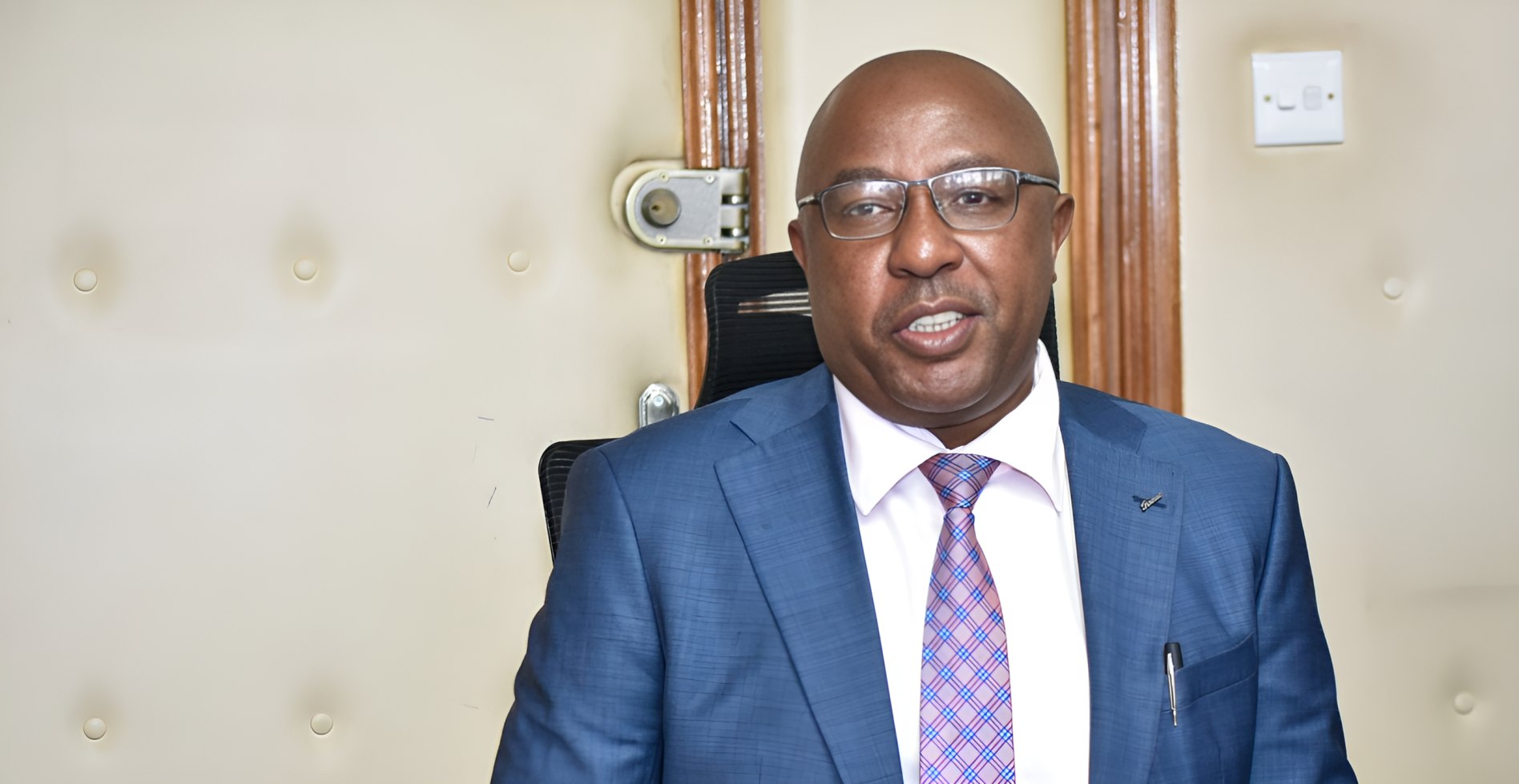The government owes secondary schools approximately Sh70 billion, a debt that has accumulated since 2021, according to Willie Kuria, chairperson of the Kenya Secondary School Heads Association (KSSHA).
Kuria, who is also the principal of Murang’a Boys High School, revealed that the unpaid amount has put schools in a dire financial situation, significantly impacting their operations.
Kuria explained that the government had promised to release 50% of the annual capitation for each student, which amounts to Sh22,244 for the last term.
However, schools only received Sh8,319 per learner, a shortfall of Sh2,803, leaving them struggling to cover their debts.
"We have been asking the government to ensure the remainder is released before schools re-open to help schools clear their debts and pay salaries for last term," he said.
He added that the second term, which is both the longest and busiest for secondary schools, is also a time when student unrest tends to peak.
This is the term when students prepare for national exams and engage in various co-curricular activities.
Kuria warned that without adequate funding, schools could face further disruptions, as lack of resources often leads to unrest among students.
"This is why we’re asking the Ministry of Education to ensure the funds are made available to avert these issues," he said.
Kuria highlighted that the current capitation rate was established in 2015 by a task force formed by former Education Cabinet Secretary Kilemi Mwiria.
The task force set the amount at Sh12,870 per student, with parents expected to contribute Sh9,374 annually.
However, in 2017, the government declared that secondary education would be free for day schools, exempting parents from paying the fees.
Unfortunately, this promise has not been consistently fulfilled, leading to the accumulation of the outstanding debt.
"The government has not fully met its obligation, which has resulted in the growing arrears. We want the government to fulfill its part of the bargain so schools can run smoothly," Kuria stated.
He emphasized that the actual cost of sustaining a learner in a day school is approximately Sh27,000 per year, far exceeding the current capitation amount.
Furthermore, schools are expected to use part of the capitation funds to improve infrastructure, but the insufficient amount of money has made this task nearly impossible.
This financial strain, Kuria pointed out, has contributed to poor performance in many schools, especially day schools, where students and teachers lack the necessary resources and motivation.
"Most poor performers are from day schools because there is a lack of motivation for teachers and learners," Kuria said.
The financial difficulties have also led to complaints from parents, who argue against additional charges for activities that go beyond the capitation.
"When teachers try to raise money for school needs, parents complain about illegal levies. But how can the schools be run without money?” he questioned, noting that the issue has already been raised before the National Assembly.
Despite these challenges, Kuria stressed that most schools do not prevent candidates from picking up their Kenya Certificate of Secondary Education (KCSE) certificates, even though some fail to collect them due to disciplinary issues.

